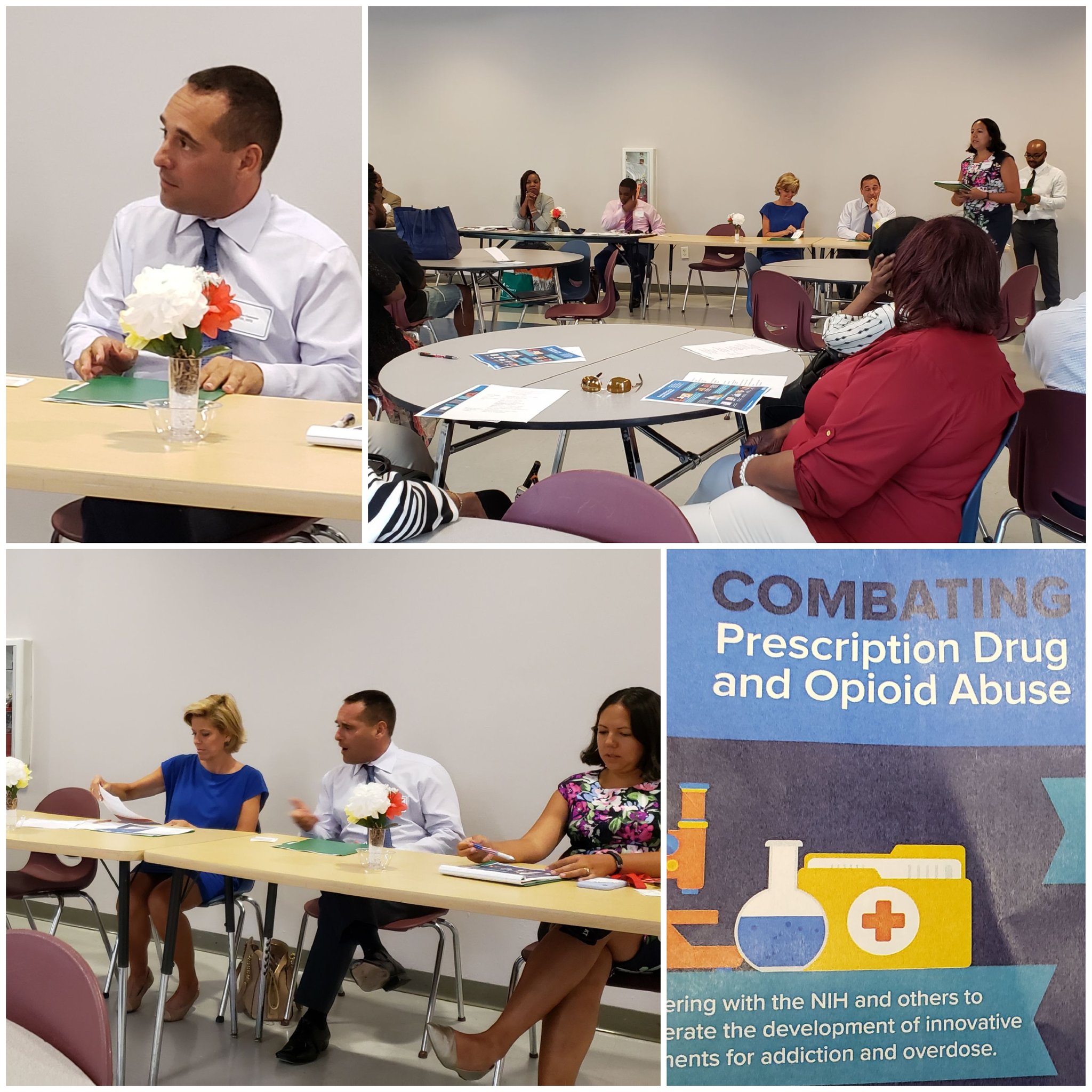Opioid Policies

Much like the rest of the United States, residents of the District of Columbia are struggling with substance use disorder (SUD) rate increases and high rates of opioid-related deaths. Unfortunately, these are multi-faceted issues that require year-long initiatives and systematic programs to address the myriad causes of addiction.
MSDC stands as a partner to the District government and private entities to help arrest the rates of opioid and substance abuse in the District. Through our advocacy for better prescribing practices, education on addiction, and even helping our own community through our Physician Health Program, MSDC is working to make DC a leader in reducing SUD, OUD, and addiction.
On a related note, MSDC is passionate about helping patients make prescriptions and medication more affordable. Whether expanding access to biosimilars or advocating for more affordable co-pays, MSDC wants to help our patients afford the medications they need.
MSDC Statement and Testimony on Opioid and Prescription Issues
25th Council information coming soon
Report: DC MCO Had 20% Prior Auth Denial Rate
In 2019, a DC Managed Care Organization (MCO) denied 20% of prior authorizations submitted, higher than any other state.
A recently published report by the Department of Health and Human Services (HHS) Office of the Inspector General reveals the District government lacks recommended oversight procedures for overseeing prior authorizations in the managed care system. In 2019 - the most recent year for data - that led to very high rates of denials by District MCOs. See the entire report here.
The report comes from Congressional requests to HHS on how MCOs are providing patient care. The OIG reviewed data from the largest MCOs nationally and compared their denial rates nationally and at the state level. For DC, this meant AmeriHealth and Amerigroup were included in the study. The most recent year data was available was 2019.
Nationally, AmeriHealth Caritas had a prior auth denial rate of 6.1%. DC's denial rate was 20%, the highest in any state AmeriHealth served. Anthem, Amerigroup's parent company, had a 12.9% denial rate nationally but "only" a 14.1% denial rate in the District.
Even more disturbing is the lack of documented oversight into this process by the District government. The study looked at three oversight categories:
- States regularly reviewed prior authorization denials for appropriateness
- State used denials data for oversight
- State offered external medical reviews
DC did not meet the criteria for the second or third, and was labelled as "ad hoc" for the first.
This data shows the importance of ensuring all payers, including the MCOs, are included in B25-124, the Prior Authorization Reform Amendment Act. You can help us pass this important legislation by:
- Attending our Council Visit Day to provide your perspective.
- Contacting your Councilmember's office.
- Sharing your story with MSDC and volunteering to sit for a media interview on the topic.
Sample of Legislation MSDC Tracked on Opioid and Prescription Policy
What does it do? The bill authorizes licensed pahrmacists to dispense interchangeable biological products and requires notifications to physicians when such interchangeables are dispensed.
MSDC position: MSDC has a position of priority support on this legislation, identifying its passage as one of its highest legislative priorities.
Current status: SUCCESS. The bill was passed by the Council and signed by the Mayor.
What does it do? The bill requires prescription opioid medications to include a statement that the drug is an opioid and opioids may cause dependence, addiction, or overdoes.
MSDC position: MSDC supports the legislation.
Current status: The bill had a hearing before the Committee on Health on July 29, 2020. MSDC leader Dr. Sam Kareff testified for the Medical Society. It passed the Council on November 10 and was signed by the Mayor December 7.
What does it do? The bill prohibits insurance companies from factoring the use of PreP in decisions related to disability, life, or long-term care policies.
MSDC position: MSDC supports this legislation
Current status: The bill was introduced on January 8, 2019 and assigned to the Committee on Business and Economic Development.
